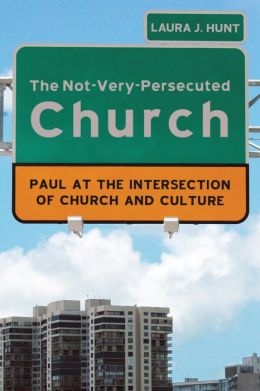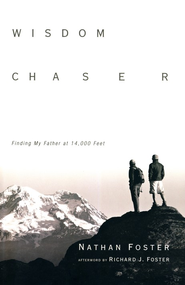Brewer, Kenneth W. “Rob Bell and John Wesley on the fate of the lost and those who never heard the Gospel.”Wesleyan Theological Journal 48, no. 1 (March 1, 2013): 117-134.
Abstract: Most theologians seek to ground their theology in Scripture. Often, a conflict in interpretation emerges. When this happens, both sides claim that it is there position that is supported by Scripture, while other interpretations are not warranted. And so, the exegetical battle ensures. Recently, Rob Bell critiqued the traditional view of hell and the fate of those who never heard the Christian gospel in his bestselling book, Love Wins. While admittedly not a sophisticated academic treatment, Bell charged that the gospel has been misread and that the biblical images of hell have been taken too literally. He seeks to revise the traditional story-line of the gospel by accenting the love of God, wondering how a God of love could torture people in hell forever. Bell is also disturbed by those who claim that only a few will be saved and by those who know that someone like Gandhi is doomed to an eternal hell without any possibility of redemption.




